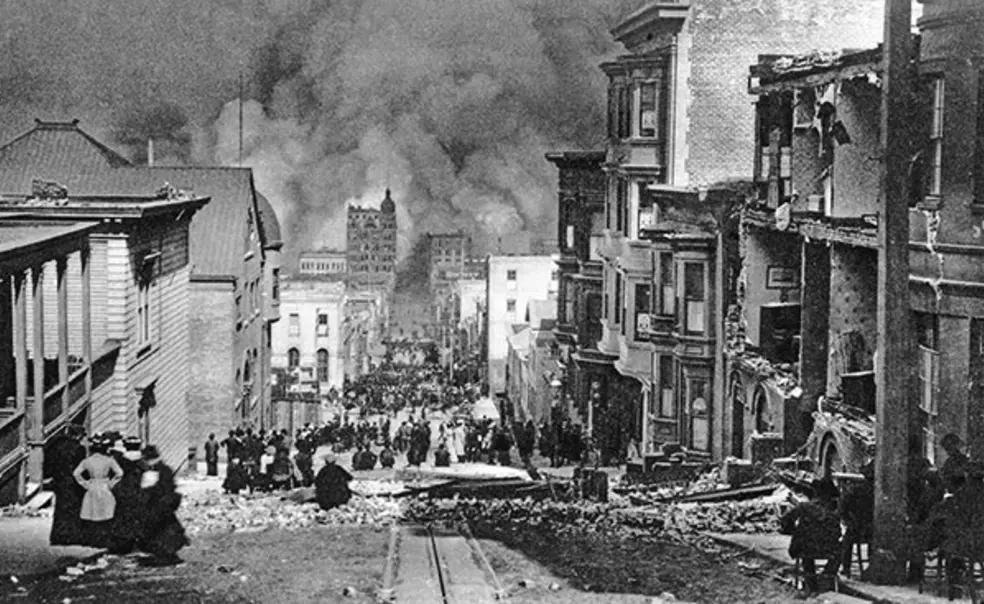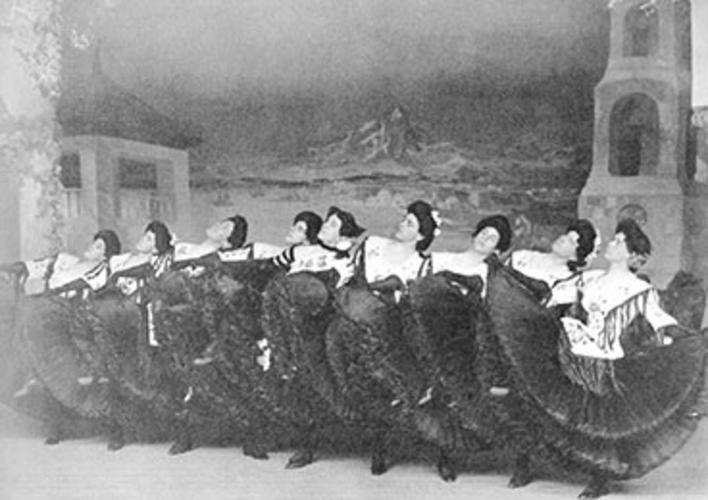On April 18, 1906, San Francisco was brought to its knees by an earthquake and fire that claimed some 3,000 lives, destroyed some 28,000 buildings, and left more than half the city’s population of about 400,000 homeless. In the words of San Francisco’s displaced newspapers, “Downtown everything is ruin. Not a business house stands.
“Theaters are crumbled into heaps. Factories and commission houses lie smouldering on their former sites.”
In the aftermath of this disaster, wallets across the country and beyond were opened. According to the American Red Cross, public donations amounted to $8.5 million, far surpassing a congressional appropriation of $2.5 million — the combined equivalent of approximately $300 million today. As The Daily Princetonian opined, “It is characteristic of the American people that, even before the progress of destructive conflagration has subsided, the work of relief for the stricken is being organized upon a scale as nearly as possible commensurate with the need, and there can be no question of the urgency of the need.”
Princetonians — town and gown alike — did their part. On April 23, a mass meeting was held in Alexander Hall to raise funds for the “San Francisco sufferers.” Then, on April 26, the Triangle Club staged a benefit performance of Tabasco Land, a musical comedy in which a visiting American businessman, John James Jones-Smith, is robbed of valuable papers by the mayor of a town in the nation of Tabasco, Don Miguel Hidalgo del Montezuma. By the time the curtain falls, to quote the Prince, “the papers are finally recovered, vice defeated and virtue exalted.” The whole was enriched by “comic opera love” in which the mayor’s ward, Carita, intent on marrying U.S. Navy Lt. Kingsley Haddon, resists her guardian’s efforts to unite her with the unscrupulous count and aeronaut Pierre Bombilleaux. Tabasco Land was the first Triangle show to feature the all-male kickline.
The Prince described this performance as “a decided success” — one “largely attended” and “received in a most appreciative manner,” a sentiment shared, under very different conditions, by its beneficiaries in San Francisco.
John S. Weeren is founding director of Princeton Writes and a former assistant University archivist.













No responses yet